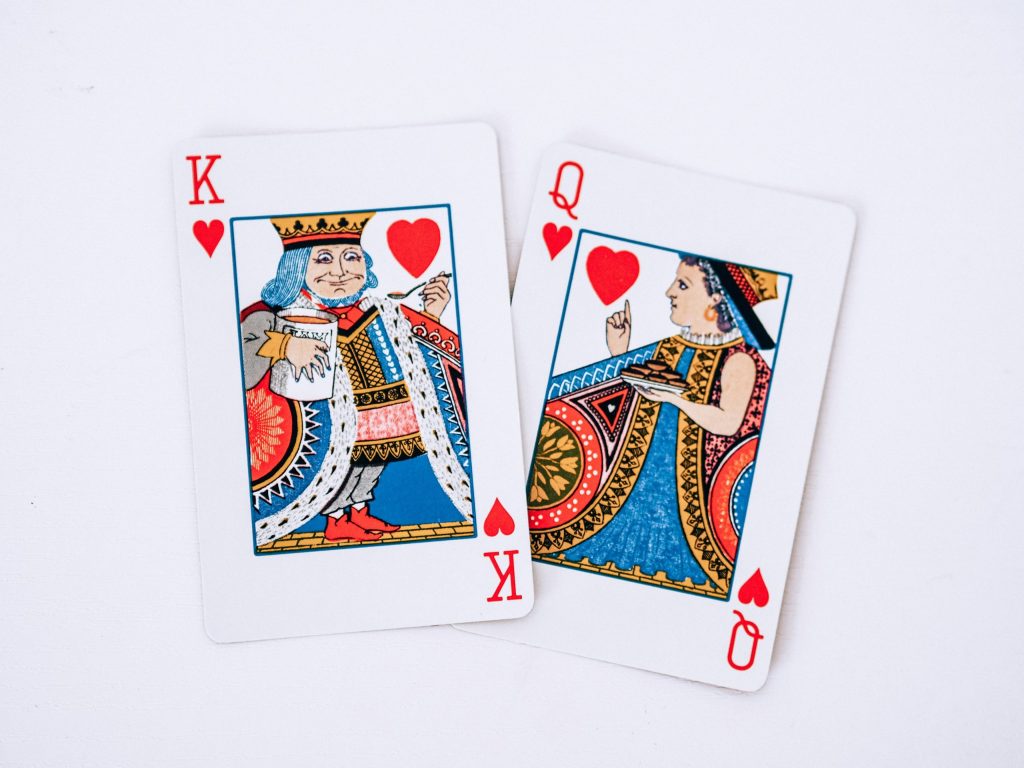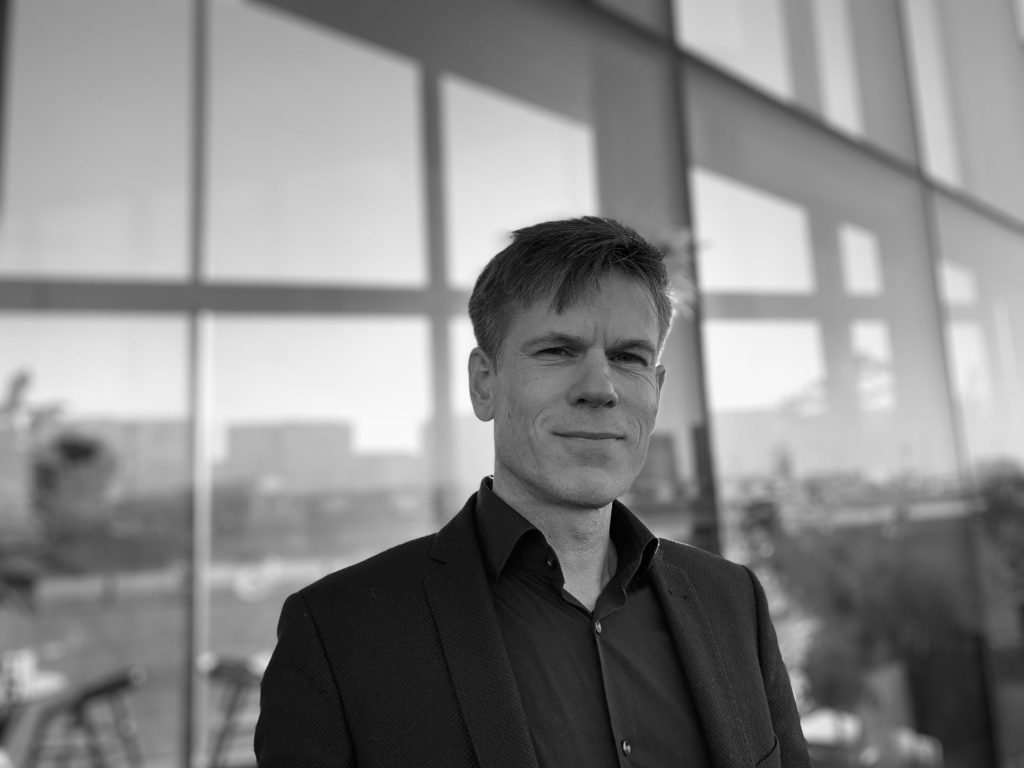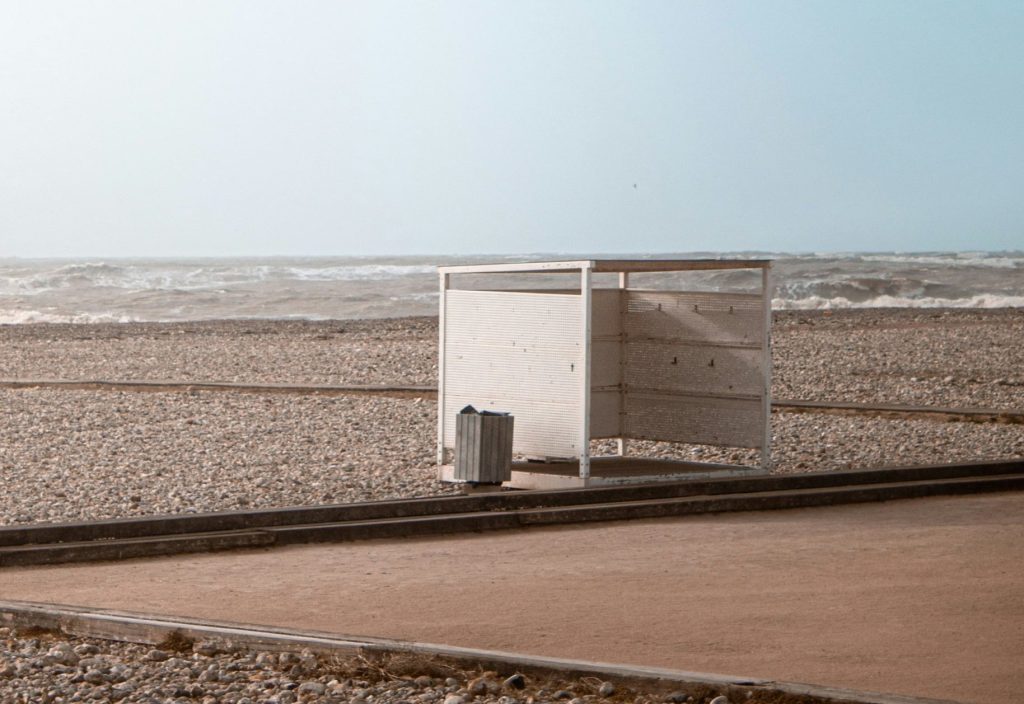Bryan Wolters (32) is a former Dutch powerlifting champion. From his study Human Movement Sciences (Bewegingswetenschappen) he just rolled into the personal trainers profession. But over the years he has managed to give it his own twist. As a strength coach, he now shares his knowledge through training programs, well-known blogs, podcasts and even his own book: “I prefer to work with people who want to compete with themselves.”
So how much do you bench?
At the moment, I have no idea really, but my personal best is 175 kilos.
Because you’re a former Dutch powerlifting champion. How does a person become that?
As a child I played tennis at a fairly high level, but during my adolescence it turned out I wasn’t going to make it to the top and I lost my motivation. Then I thought: I’m going to get bigger. Some of my friends were already doing push-ups and sit-ups and stuff. They already had quite a muscular body for boys their age. I wanted that as well.
After a year of doing push-ups at home, I took a job at the local supermarket in the village to pay for a gym membership. After that I quickly got bigger. In a short time I learned what it takes to train well and I took it seriously.
After high school I studied Human Movement Sciences, which gave me more insight into how the human body worked. I ended up in a community of students who all loved strength training. At one point we thought it would be fun to participate in a powerlifting competition. These competitions consist of squat, bench press and deadlift elements. There we were as a group of university students mixing in with the old school strength athletes and bodybuilders. Participating in these kinds of competitions became sort of an addiction; training better and better, eating more and more, always moving up a weight class. By the end of my college days I had gained about 50 kilos and I was bench pressing those 175 kilos.
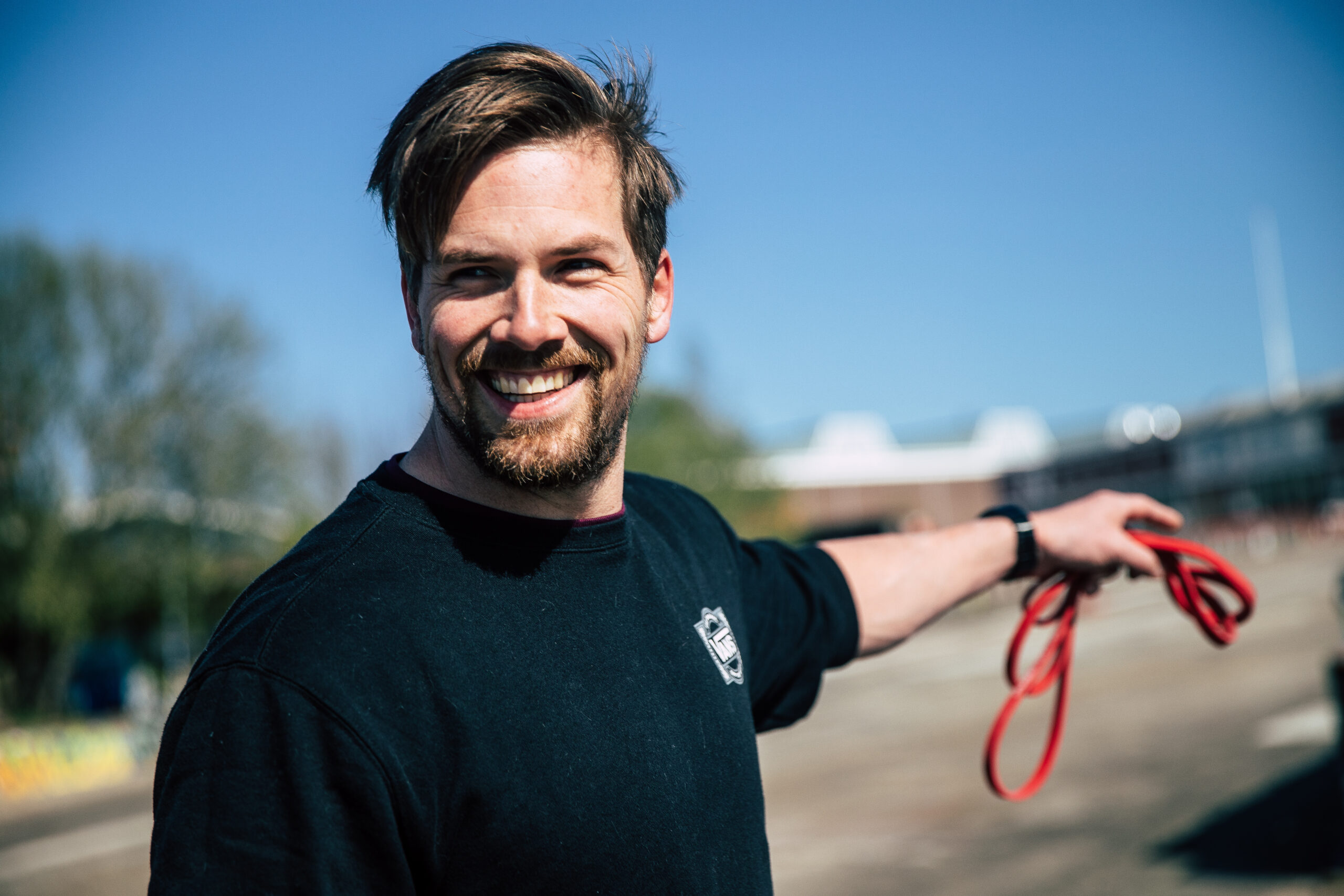
Why did you stop powerlifting?
I took part in my last competition when I was 23. My passion for competitions had decreased and I noticed I had been pushing my body for long enough. The tens of pounds I gained in my quest for strength made everything hard for me, even climbing stairs. In addition, there aren’t many professional powerlifters out there. You could make it to sponsored athlete at the most.
So a career in the fitness industry was written in the stars?
During the last year of my masters I started working as a personal trainer in a friend’s gym. This way I could earn some money doing what I loved without having to serve beers in bars at the Leidseplein until the early hours. After graduating, I was offered a full-time job so that’s how I kind of rolled into the world of trainers.
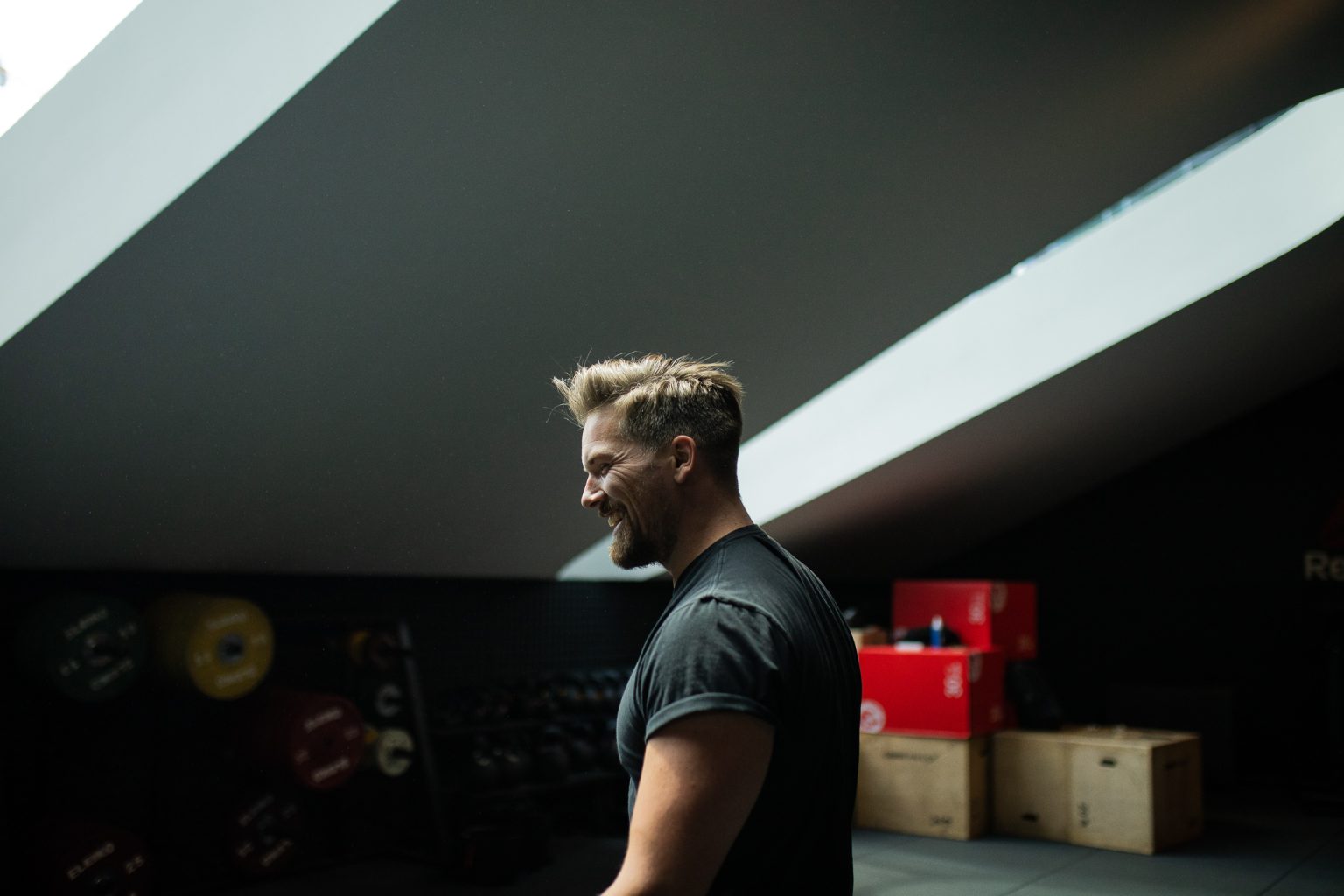
So you started out as a personal trainer, but nowadays you call yourself a strength coach?
The gyms in Amsterdam kept popping up like mushrooms and before I knew it, a couple of years had passed. I was already active at the Vondelgym when I realized that I preferred to work with people who had the same iron mentality that I had myself in my powerlifting time: bitten by the iron bug. I decided to stop calling myself a personal trainer, and called myself a strength coach instead. I started to share my knowledge by blogging on my website for instance. That’s how I ended up on platforms like Men’s Health and I eventually wrote a book that was published at the end of last year. You can now train with me if you want to go the extra mile. That shift is one of my best professional decisions ever.
Talking about your book called Kracht (Power). Who did you write this book for?
For anyone who wants to work in the gym to build a little strength and muscle mass. What struck me as a trainer was all the confusion about the basis of strength training. The internet is flooded with claptrap by influencers on the one hand and super scientific information that you can hardly work through on the other hand. So an important spearhead was also readability.
What misconception about strength training would you like to correct?
A big misconception I sometimes come across is that people think women can’t build a lot of strength and muscle mass. It is a persistent myth that only men can become strong and that women are not really made for it. Women can relatively grow as strong as men. The absolute difference in power is mainly due to body weight and socio-cultural phenomena. Women have just as much potential to build strength and muscle mass as men.
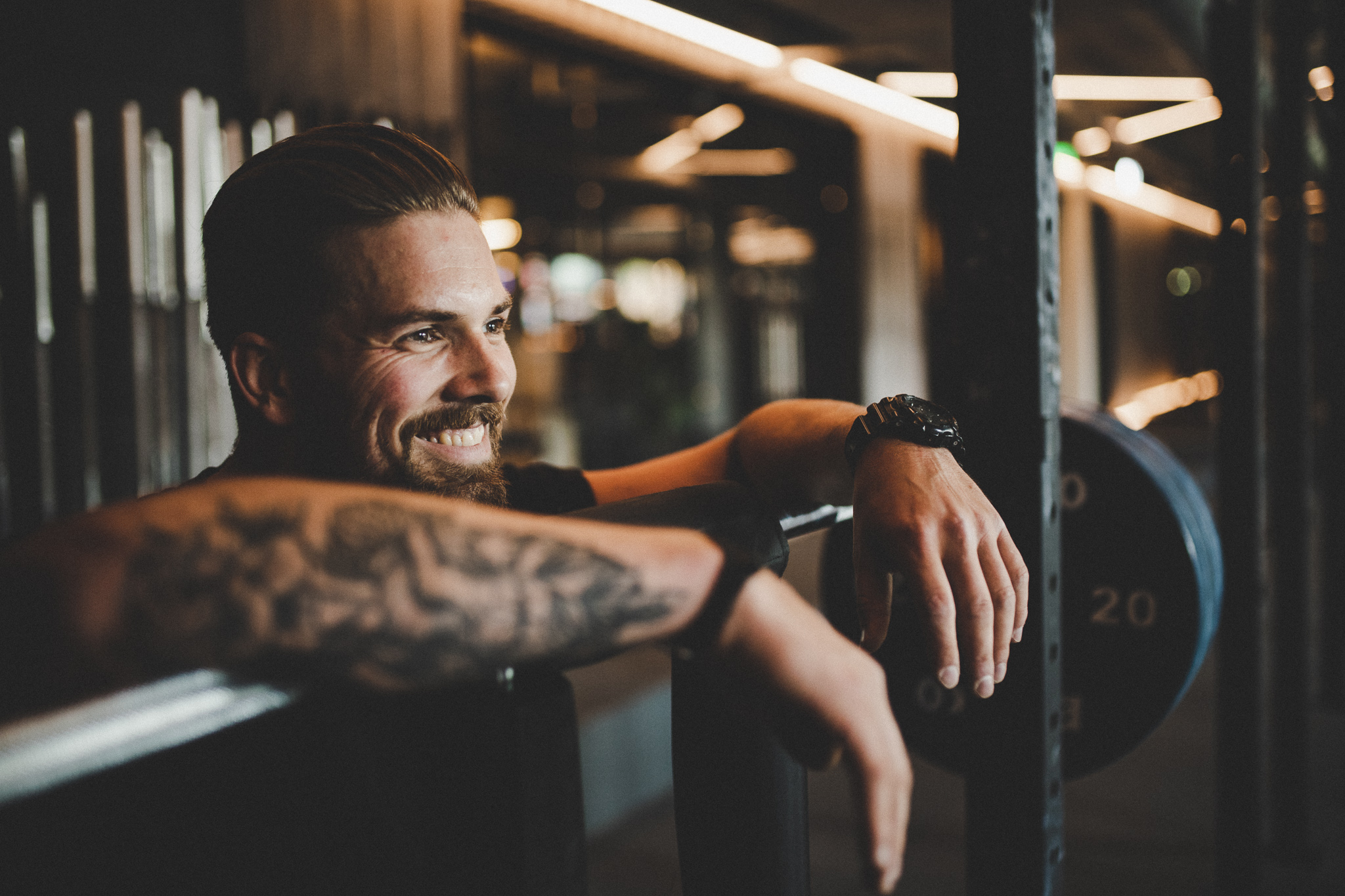
Everyone knows it’s good to exercise, so why do we all need that extra motivation, do you think?
I think as humans we have an evolutionary urge to make ourselves feel comfortable. We naturally want to save energy. It feels good to sit, or to go by car instead of bike. But the body actually needs effort and strain, both physical and mental, to maintain itself. The human body is still adapted to the era before the industrial revolution where there were no cars, you couldn’t buy a chocolate bar on every street corner or order a pizza from the comfort of your home. In such a world of scarcity, it was very important to conserve your energy properly. In the west, we now live in a world of abundance, which has created that evolutionary mismatch. Our instinct tells us to be careful with our energy while shoving food in at any time of the day. In principle, training really hard goes against your natural instincts.
What can people who are struggling to change their lifestyle do?
Take the smallest step you can take, stick with it and once you get used to it, take an extra step. That is the way to achieve real change.
Finally, what does success mean to you?
When I manage to create a good balance between doing things without obligation, for fun and things that burden me and maybe give me a bit of stress. What we talked about earlier: the human body does need effort and resistance to maintain itself.
Website: bryanwolters.nl
Pictures by: @brutravels
